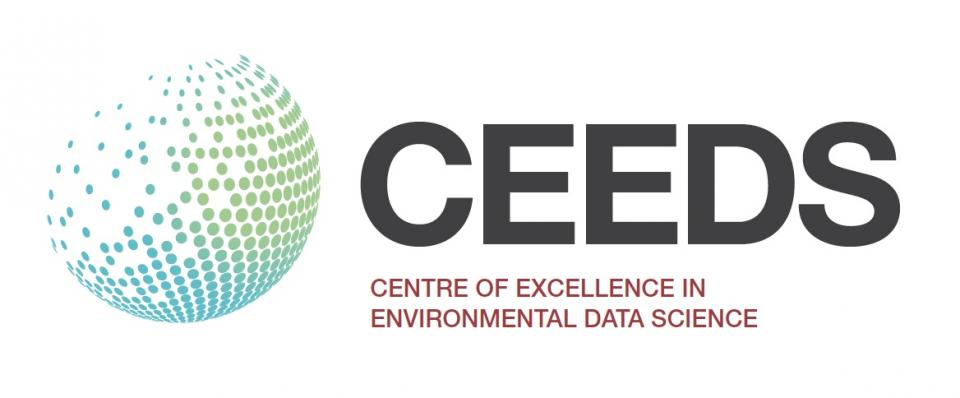
On the 26th of April 2022, we held a CEEDS Seminar for Early Career Researchers on grants and funding for environmental data science in the run up to the CEEDS Ideas Generating Workshop. The seminar aimed to provide an overview of grants and funding alongside personal experiences, aimed towards those early in their research careers (current research students and those within a few years of graduating) within environmental data science.
The seminar started with representatives from Lancaster University Research Development Support (Mandy Dillon) and UKCEH Business Development Support (Charlie Stratford) providing a brief overview of how funding applications work and information on the opportunities available. Both Mandy and Charlie were fantastic, providing links to relevant grants and lots of useful information, including some tips on things to look out for.
In the second half of the seminar, we invited four speakers to give us their stories and experiences of applying for grants during and following their postdoctoral research. Our invited speakers included Sam Harrison (Environmental Modeller, UKCEH), Tori Janes-Bassett (Research Fellow, LU), Mal McMillan (Professor, LU) and Katie Powell (PhD student, UKCEH) giving insights into their experiences with applying for funding, including their research journeys, successes, and failures. To keep things interactive, we posed four questions to all speakers:
- Which were the most useful sources of support when you first got started?
- What advice would you give to yourself when you were starting out based on what you know now?
- How have you found others to work with - has it been through pre-existing communities?
- What do you think the main differences are for applying for grants within multi-disciplinary spaces such as environmental data science compared to single discipline funding?
We have summarised some of the key themes and take away points from the seminar:
- There are lots of different avenues for funding, from UKRI and beyond, at all levels: Katie talked to us about her POST secondment during her PhD and other small grants she has applied for. Others talked about different opportunities, including university-specific fellowships, larger national and international agencies, and the Royal Society.
- The importance of networks: building networks is essential when you are getting started, to hear about calls, make potential collaborations, and to provide support and get feedback when preparing submissions. So make the most out of networking opportunities!
- Be courageous in putting yourself out there: from meeting people at conferences to sending emails to authors of papers that are relevant to your research. These moments may help you in the future.
- Speak to your mentors and supervisors, but also ask others who have been successful – or not! – for their experiences (and then passing this on to others in the future!). Most people are supportive and happy to help, and here in the CEEDS community we are always promoting opportunities to get people talking to each other.
- Develop persistence and resilience: Find your own ways to cope with failures and then process the feedback. Everyone fails at some point in their grant writing and funding career!
- Use things as learning opportunities: even if you don’t succeed, try to use where you went wrong in your future applications e.g., by making them more realistic, refining your timescales and expectations, or explaining concepts in the correct level of detail.
Following the event, participants have said that: the seminar was useful and informative; relevant and realistic; and has helped some to build confidence, being glad to know that failure is okay and so helped them to feel more assured in building ideas and applying for funding in the future. For those unable to attend, or wanting to rewatch the slides and recording are available here (passcode: m9uC0=P%)
For those interested in joining the CEEDS ECR community, we also have a Slack Channel and we are also running a CEEDS mentoring scheme open to any research students and ECRs
[Slide]
